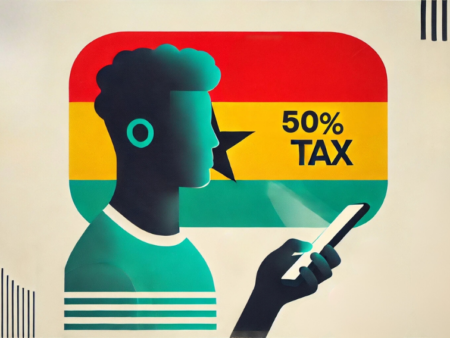In a bid to temper the escalating popularity of betting among Kenyans, a proposal has been put forth to set the minimum betting stake at Sh20. This comes as an initiative from the Betting Control and Licensing Board (BCLB).
At present, stakes can be as low as Sh5, making betting easily accessible, particularly to the younger demographic and those financially vulnerable with dreams of winning vast sums. The proposed change is outlined in the draft Gambling Control Bill, 2023. As the BCLB explains, “A player in an online gambling activity shall not bet an amount of less than twenty shillings in a competition.”
Further clarification states, “The minimum amount set above shall be inclusive of such a saving component for the player as shall be determined by the Authority in consultation with the Cabinet Secretary.”
Penalties for Non-Compliance
Failure to adhere to this requirement could lead to a hefty penalty for betting firms and gambling machine operators. Offenders could face fines of up to Sh5 million or jail terms of up to six years. Some companies, including Betika and Milestone Gaming (SportPesa), have already implemented a Sh50 minimum stake, aiming to reduce the allure of gambling for the youth and unemployed.
Rise of Gambling as an Income Source
Gambling in Kenya has transitioned from a recreational activity to a source of income for some. A 2021 Central Bank of Kenya survey indicated that 13.9% of participants actively bet. Furthermore, 11.2% viewed betting as a viable income source. This research also revealed a weekly average betting spend of Sh939, despite increasing concerns about Kenyans resorting to mobile loans to fund their gambling habits.
In a separate 2021 study covering Africa, it was found that the Kenyan youth led in gambling activities, with over 80% participating. Many experts believe that rising unemployment rates significantly contribute to this trend, with the younger generation turning to betting in hopes of rapid monetary gains.
The popularity of online betting sites in Kenya has been steadily rising, enabling individuals to bet and claim their winnings via mobile devices without requiring a bank account. Additionally, betting shops have been popping up, drawing large crowds for live sports events betting on weekends.
Government’s Taxation Approach
Despite the government’s efforts to curtail the betting frenzy through increased taxation on punters and gaming companies, the industry continues to flourish. As of July this year, punters placed a record Sh88.5 billion in online bets, resulting in the Kenya Revenue Authority collecting Sh6.64 billion in excise taxes, a notable increase from Sh5.1 billion the previous year.
Furthermore, despite high taxation, the number of betting firms has grown. Ten new firms have emerged since July, bringing the total to 71 licensed operators.
Currently, these firms are taxed 15% on their gross gaming revenue, with an additional 30% corporate tax on profits and a standard 16% income tax. The BCLB has also suggested introducing a 15% gambling tax on a betting firm’s gross gaming revenue and a 1% monthly levy on the same revenue.

